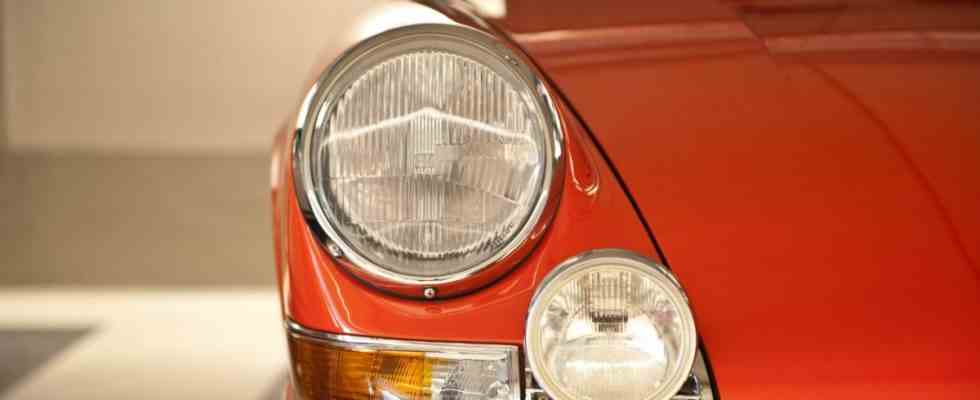The dispute has been going on for weeks, including in the traffic light coalition in Berlin: the FDP in particular is demanding approval of e-fuels, i.e. synthetically produced fuels, for new cars with combustion engines in the European Union. The EU vote on the planned end for new cars with combustion engines from 2035 onwards was only postponed last week because of Germany’s additional demands. Federal Minister of Transport Volker Wissing had said that Germany could not agree to such a blanket phasing out of combustion engines at the present time. “We need the synthetic fuels,” said the FDP politician.
Now Porsche CEO Oliver Blume is getting involved in the debate again and is undeterred in promoting e-fuels. “There is no conflict between ramping up electromobility and e-fuels,” said Porsche boss Oliver Blume on Monday. For climate protection “every corner has to be swept out and fought for”. And he added: “With a view to combustion vehicles, e-fuels are a useful addition to existing vehicles and in the niche” – possibly even after 2035, the year from which a new registration ban for combustion engines will apply. Existence and niche – both affect Porsche.
Blume’s word carries weight, because he not only manages Porsche, but is also CEO of VW, one of the largest car companies in the world. Even after the IPO last year, Porsche is majority owned by the VW Group. Of course, there is a reason for the vehement commitment to e-fuels – and that is the flagship model of the Stuttgart company, the 911. It is powered by a roaring combustion engine. Porsche itself wants to build the 911 as the only model “for as long as possible” in Europe as a combustion model. A hybrid version is also planned. Irrespective of the e-fuel question, Blume also confirmed the goal of covering more than 80 percent of its sales with purely electric cars by 2030.
His word carries weight: Oliver Blume, Head of Porsche and VW.
(Photo: Jan Huebner/IMAGO)
On Monday, Blume criticized that the debate was “partly very emotional”: “I would wish that much more expertise would be used.” At the same time, he expressly welcomes the path taken by the federal government. While e-fuels are still inefficient to produce, they still make sense if they are produced in places where there is an abundance of renewable energy to produce them. In Chile, Porsche is currently working with partners to build a plant for the production of synthetic fuels.
The families and VW benefit from the good business
At the same time, business is going well, including the sale of the 911. In the midst of the general economic crisis and the deep upheaval in the automotive industry, Porsche reports skyrocketing profits. Sales increased by 13.6 percent to 37.6 billion euros in 2022. The profit even improved by 27.4 percent to 6.8 billion euros. It was “by far the strongest result in the history of Porsche,” said Blume. One reason for the high profits is price increases. In addition, above all more expensive vehicles are sold with a higher margin. Porsche makes sports cars, but also large SUVs. A total of 911 million euros is now to be distributed to the shareholders, i.e. above all to VW and the Porsche and Piech families.
VW successfully listed Porsche in September 2022, raising around 20 billion euros. Today, Porsche is worth significantly more on the stock exchange than the much larger VW group. This Tuesday he will present his balance sheet for 2022 and the outlook for 2023. Then Blume appears in his other role – as the head of Volkswagen.

